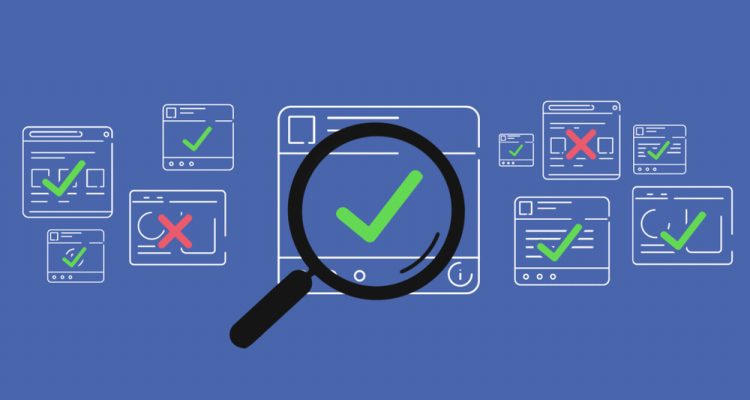I never thought I would write the words: “The former president of the United States was banned from Twitter during his term,” but here I am. Former President Donald J. Trump had been spreading political misinformation during the entirety of his term, including misinformation about the coronavirus pandemic and the outcome of the 2021 election. The last straw, at least for Twitter, was his incitement of the riots at Capitol Hill earlier this month. Because of Trump’s tweets, though, his supporters also began tweeting, and Twitter admitted that they flagged approximately “300,000 tweets for ‘disputed and potentially misleading’ content.”
Fortunately for us, though, the intense spread of misinformation by Mr. Trump has led to a new precedent of monitoring truth on social media.
As many people, teens and adults alike, continue to be sucked down the rabbithole that is social media, there is the potential for plenty of miscommunication. From believing blatant lies to reading clearly satirical news pages, like the Onion, as true portrayals of current events, people have proven themselves to be susceptible to ignorance. It isn’t anyone’s fault, though – how to fact check news sources is only spoken about as a concept, rather than a procedure.
There is a new forum on the rise that aims to change all of this. A feature of Twitter called Birdwatch allows the people, not certified fact-checkers, to monitor and provide context for posts they deem as spreading misinformation. Currently, comments from Birdwatchers on tweets they find misleading will only be shown amongst themselves, which will prevent them from marking true tweets as false.
A lot of people hate this idea, and I am one of them – but not for the same reasons that I’ve read about. Opposition to Birdwatch has stated that it’s another way to censor social media users, particularly those of a certain political party. They claim that Birdwatch users will censor any information that they do not agree with, instead of checking facts. Unfortunately for them, that argument is misguided: there is no determining who will actually join Birdwatch, since it is open to everyone. Birdwatch is volunteer-based, meaning Twitter is not hiring anyone to specifically “push an agenda” or mark things false based on a poster’s affiliation. The comments on Birdwatch can also be reviewed by other Birdwatchers, so even if someone joined specifically to flag their opposing party’s posts, other Birdwatchers would have a duty to rate the comment as not helpful.
There are many better arguments to make against the validity of Birdwatch, though. My primary complaint about Birdwatch is that anyone with a valid Twitter account can sign up to participate. As long as one agrees to the terms and conditions of Twitter, they are allowed to fact-check as much as their heart desires. Considering the aforementioned issue of people taking satirical newspapers seriously, I feel an inclination to be concerned. I personally have little faith in the general public’s ability to fact-check, even though there are plenty of resources at our disposal. To make Birdwatch a better platform, Twitter should hire more experts on specific topics to comb through posts, instead of leaving it up to the general public. Twitter could also train its volunteers to complete their job properly, giving them the tools they need to successfully fact-check, instead of fully trusting anyone who signs up.
Even so, most people do not share fake news in the first place. As of June 2020, a study done in the University of Colorado Boulder found that, even in our current political climate and pandemic, the probability that Twitter users will share fake news is very low, and only a small percentage of people are responsible for a large percentage of misinformation. The threat of fake news, then, is not as large as we might think.
Most “fake news” is easy to spot anyway, as long as your eyes are trained for it. FactCheck.org gives a list of tips to spot misinformation easily, like reading beyond the headline and checking the news source. If you cannot decipher if the source is fake or not, Google is built right into smart phones for this exact purpose. Getting news from multiple sources is something that we already do unconsciously. Making the switch to realize you’re doing it is not much work, nor will it make life any worse. Journalists work tirelessly to give us the correct information at the correct time because it is in their best interest to do so.
Birdwatch is a self-congratulatory service that Twitter is using to give its users a false sense of power, while saving themselves more money. Instead of hiring more people to fact-check posts, Twitter has decided it is better to give users a gold star for doing what they already do: responding to what other people yell into the void that is the Internet.


Leave a Reply